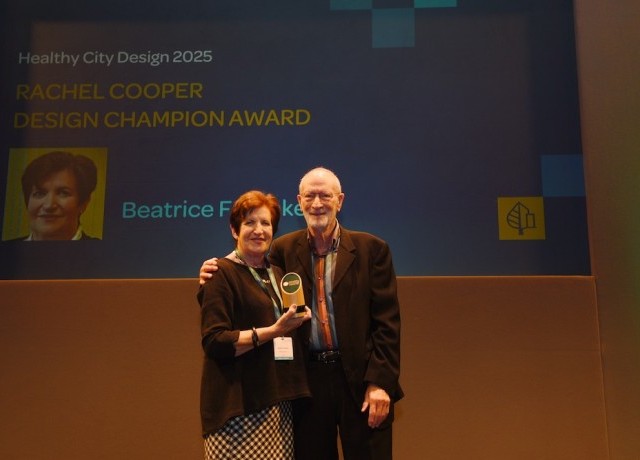A strategic approach to achieve urban health: Making the case and making it work
Abstract
With the continuing expansion of cities worldwide, human health and wellbeing increasingly depend on urban dynamics and decisions. Cities have historically taken action to protect public health and welfare. However, as the growing effects of modern urbanisation on health have become clearer, there has been a surge in academic research, practical interventions by urban stakeholders, governmental policy, and interest in global sustainable development. Together, these efforts demarcate the emergent field of urban health.
Urban health is broader than traditional public health, encompassing numerous sectors, players, and activities that have an impact on urban residents’ health and welfare, as well as the efficient operation of the natural systems that sustain them. However, owing to its scope and complexity, it has proven hard to describe in a way that engages the many stakeholders or encourages co-ordinated, strategic action.
Interventions are frequently reactive, separate from other initiatives, and restricted to certain groups, results, or areas of interest in practice. This is partly due to the complexity of metropolitan environments, which makes it difficult to comprehend, foresee, or respond to intersecting processes that influence health in a co-ordinated manner. Institutions operate in silos owing to logistical issues and inherent human capacity restrictions also contribute. The rationale for strategic action on urban health and the manner in which it would serve other social goals have not been well defined – another reason why the full potential of cities to improve health remains dormant.
The WHO is taking the lead to promote an integrated approach to urban health and provide guidance on how to put it into practice and support it for the long term.
This keynote will focus on two main deliverables currently under development: the WHO Strategic Guide for Urban Health, and the Capacity Development Programme for Urban Health.
The Strategic Guide for Urban Health intends to equip national and city governments with a better understanding of the benefits of an integrated approach to urban health, and with tools to translate this understanding into effective, strategic advocacy and action.
The Capacity Development Programme for Urban Health ensures that member states have the capacities and enabling environments to create healthier, more equitable and sustainable cities.
Presenters

Event news
Actions to improve urban renewal and health equity
2nd September 2024
A vision for Liverpool: Putting people’s health first
2nd September 2024
Investing in urban renewal and health equity
21st March 2024
Health equity: Marmot Cities
20th March 2024
Housing and health equity
20th March 2024













